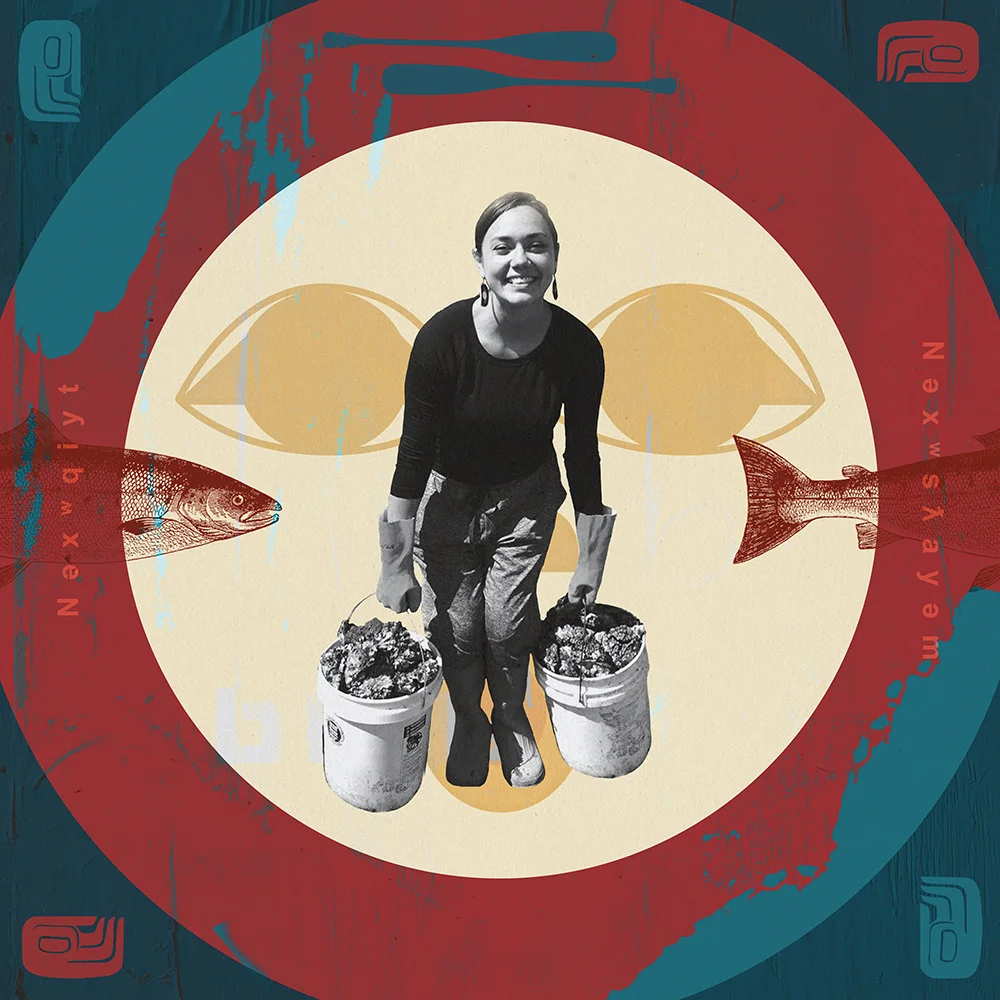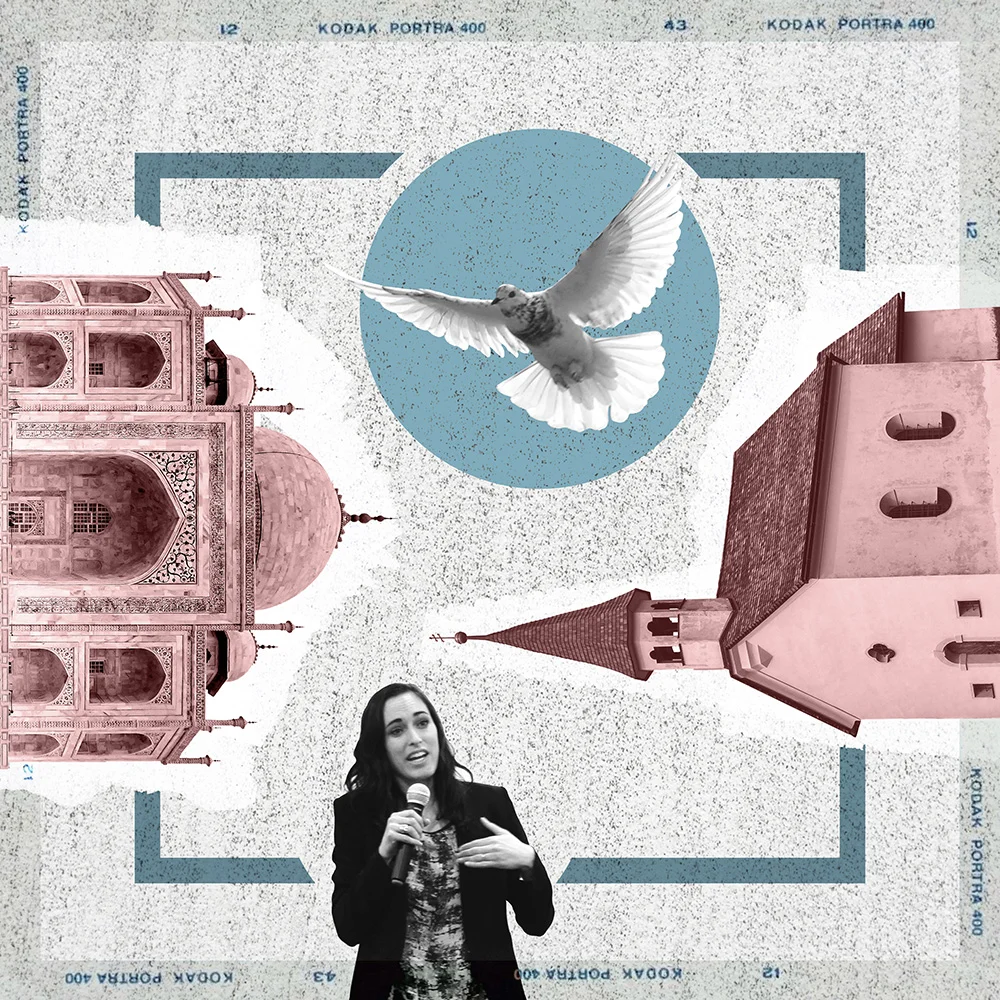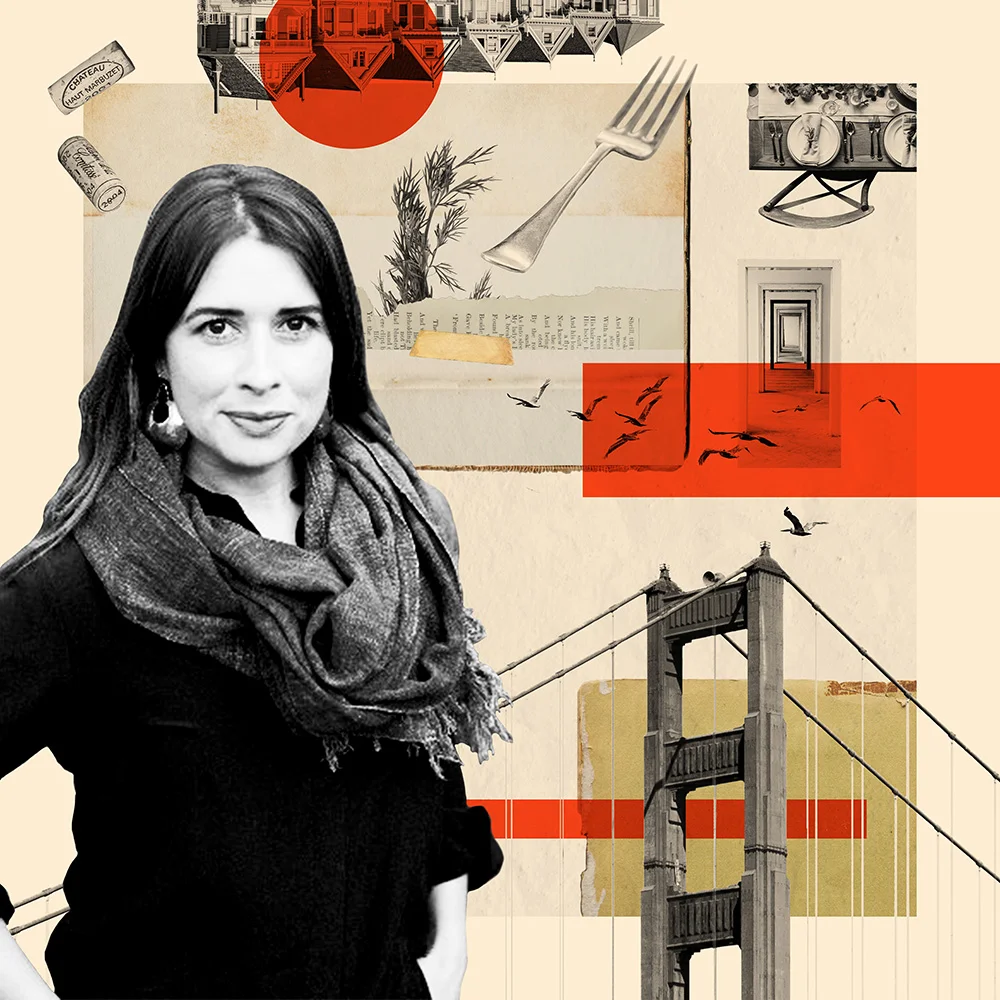The New Activism of Sharing a Meal
…
Caitlin used to see her work in the restaurant industry as a way to pay for her “real,” more meaningful work. Now, she’s proving that our real work can, and maybe even has to be done in the real world.
Leaving the food industry to attend grad school (in attempt to start that “real” work) made Caitlin realized that she couldn’t do effective work if she was sequestered from the reality of everyday life.
So she dropped out of grad school and went back to the real world. For Caitlin, that meant reentering the food industry as the floor manager of a popular restaurant in San Francisco called Nopa. When she looked around with fresh eyes, she began to see that the restaurant business was actually a hub for all the social issues she cares about. Her employees, patrons, and even the food she served were wrapped up in and affected by many of the injustices she wanted to address.
She realized this job wasn’t a way-station on her way to somewhere better... it was an opportunity to show up in the red-hot burning center of the issues.
“Wake up. Show up. And STAY.”
“[In the food industry], the supply chain—from farm to table—brings us closer to social issues,” Cait explains. “Immigration, water, climate change, minimum wage…all come into play when you work in a restaurant. So the food industry has a huge potential to change systems and change the way we see the world around us.”
But these are massive issues. It’s difficult to just jump straight into them, especially in a political and cultural climate as fraught as ours is.
So, Caitlin decided to just take one step toward those issues by starting a conversation and helping people forge connections.
“Americans have a lack of exposure to one another,” she tells me. “Our skills for connecting, disarming, and having authentic conversations need to be developed. To me, helping people develop those skills is as civic as marching or activism… it’s the undervalued necessity of what holds us together.”
To that end, Caitlin started with a lunch—an attempt to use the restaurant space she manages to make physical space for meaningful conversations—and called it The Civic Table project.
She asked herself what she would want (“To sit in a room with people, over food, talking about issues that matter”), got creative with the resources she had (floor manager at a restaurant, helpful friends, passion, willingness to work), and leveraged her own strengths (“Hospitality is what I know… so that’s what I did!”) to make something happen.
People paid a very reasonable price to come to Nopa for a four-course meal, drinks, and a lightly moderated discussion about a predetermined social topic. Caitlin brought in a couple of experts on the issues but instead of doing a panel or a presentation, she “smashed these amazing, highly intellectual and educated people at the table with everyone else" for an “open, unscripted conversation focused on asking good questions.”
That was a year a half ago. After that initial lunch, Nopa started hosting Civic Table events once a quarter, and now it’s once a month. Topics they’ve covered include racial equity in the food industry, farmed fish and the end of salmon, mass incarceration, and the power dynamics of women in the food industry.
Caitlin has come to see this project as part of a bigger movement in the food industry to carve out space for the voices of people who are typically left out, especially women of color and non-binary people.
“It’s laying the groundwork for where we want [the food industry] to go,” she says.
Caitlin has created something beautiful in The Civic Table and she works hard at it. When I ask her what she sacrifices to make it happen, she laughs, “Ummm… my sanity? my general sense of well being? the idea that my life could be quiet and calm?”
“Americans have a lack of exposure to one another,” she tells me. “Our skills for connecting, disarming, and having authentic conversations need to be developed. To me, helping people develop those skills is as civic as marching or activism.”
But she says it’s undeniably worth it.
Of all the pieces of The Civic Table project that resonate with Caitlin, the most compelling piece for her is the connections people make across her table. They’re real. And sure, she says, sometimes the conversation goes off the rails… but that’s to be expected. Relationships are messy, and so is meaningful work.
When I look at Cait, I see someone successfully living her passion in a way that changes the world. She’s really doing it. Bringing her values, her vision, and her work into the real world—talking about real issues with real people over real food.
But this is not where she started, or even where she set out to go. Cait says that she didn’t start out with the big picture in mind. She never even really decided to start. She just… started.
“When you’re not worried about success or failure,” she tells me, “ you can look at the threads of your life, follow them, and just… try something.”
And then you keep trying until you make something you’re proud of. Which, according to Caitlin, takes time.
“Immediately, when you first start, the work you do is crappy,” she admits. “It’s not at all your vision. But you stay. And you keep showing up. You give yourself compassion, and you redefine courage and activism as a willingness to stay and keep showing up.”
And that, to Caitlin, is the real work: “Wake up. Show up. And STAY.”











